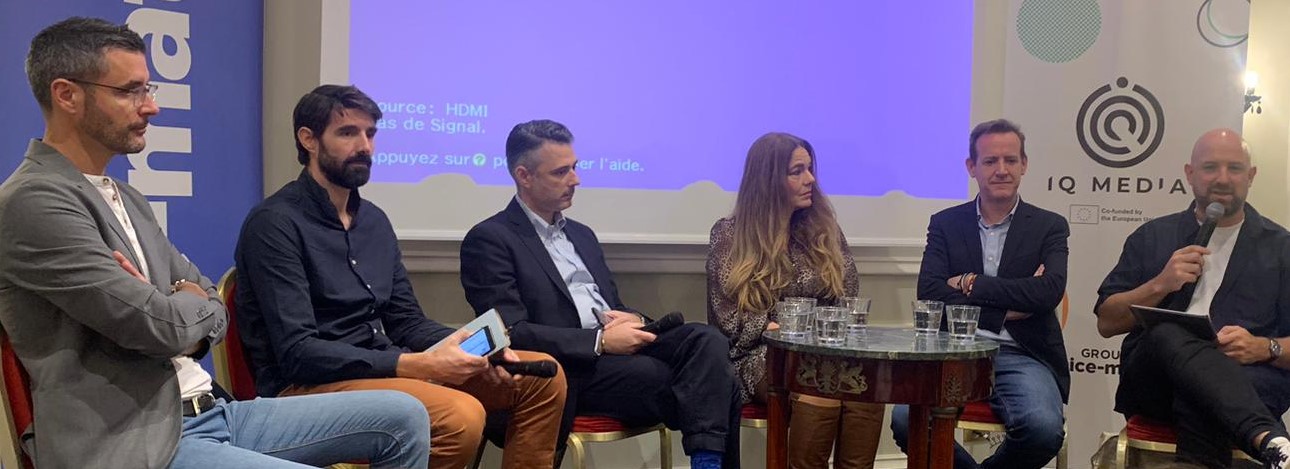
Journalism: taking AI seriously
Recent advancements in Artificial Intelligence (AI) have brought both incredible opportunities and profound challenges for the news media industry. At the Athens conference hosted by IQ Media Hub on April 14-15, a distinguished panel of experts, including David Caswell, Alfred Hermida, Verica Rupar, Sotiris Triantafyllou, Cláudia Maia, and moderator Athanasios Troboukis, explored how AI is transforming media businesses. Their insights emphasized the importance of adapting to the shifting landscape and responding to the profound impact of AI tools on the journalism ecosystem.
💡 “We need to imagine the unimaginable” AI is reshaping traditional journalism in startling ways. From redefining how content is generated to threatening copyright protections, the media must address new hurdles. AI enables the rapid separation of data from its original context and AI tools gather and process news at speeds unimaginable to legacy journalistic methods, leaving journalists to grapple with competition not only against digital creators but also against the machines themselves. AI doesn’t just change how content is created; it changes who gets to create it.
“How do we think and go beyond AI?” For news media to survive the AI era, it must focus on areas AI struggles to replicate—the physical presence, the expertise and the perspective. Journalists need to embody the role of audience representatives, shaping AI outputs to align with the needs and expectations of their communities. Journalists must embrace AI and leverage it as an ally rather than resist its inevitable integration
💪Revenue models are another battlefield. Licensing deals with tech companies—like those seen in Portugal—remain insufficient and undervalue content. Copyright protection is crucial, and leveraging AI tools to monetize archives and audience preferences could represent new streams of income. Simultaneously, regulatory frameworks must ensure ethical AI use while fostering transparency. An easy revenue using AI is to think of your archive, understand what the audience likes, and create AI-generated content based on those preferences.
- “Is regulation a solution?” History has shown that strict regulation hasn’t worked. However, a more flexible and balanced approach to regulating AI, tech companies, and media companies is necessary, as it allows journalism to remain truthful.
- “What AI cannot replicate”. The competition for audience attention among tech companies is shifting towards a competition for intention. Journalists can distinguish themselves by leveraging qualities no AI can truly replicate, meaning that journalists need to predict what the audience want as an information, not to create information for attention.
🤔 Will AI replace journalists in the future? While AI can quickly and efficiently provide information, it lacks the ability to offer perspective—explaining causes, consequences, and solutions to the audience. Media business models need to collaborate with big tech companies to adapt to this new landscape. Media is a public good, and protecting it is essential.
✍️ Foteini Karra (Student at the University of Athens)
📸 Franck Fernandes (Nice-Matin)

